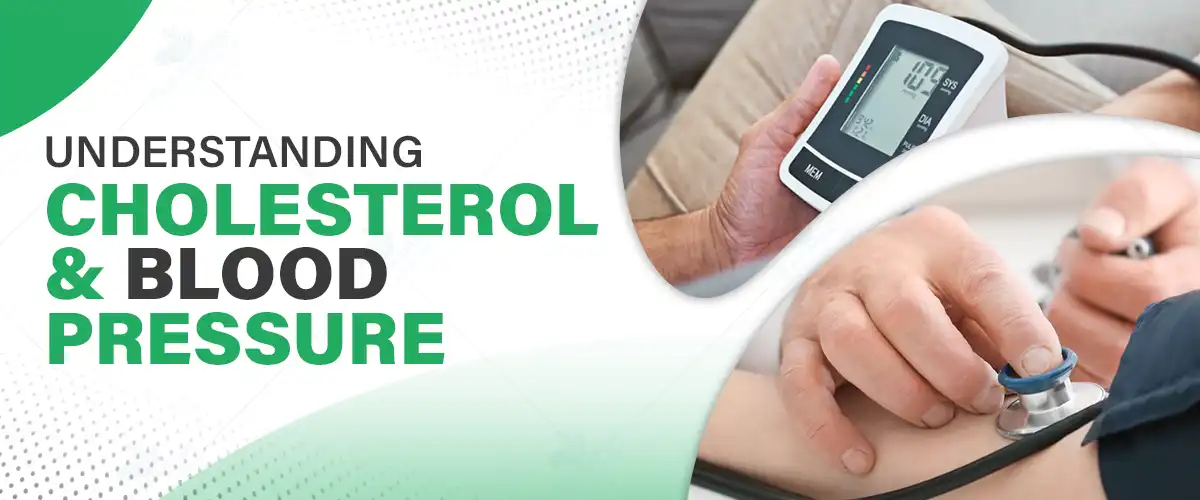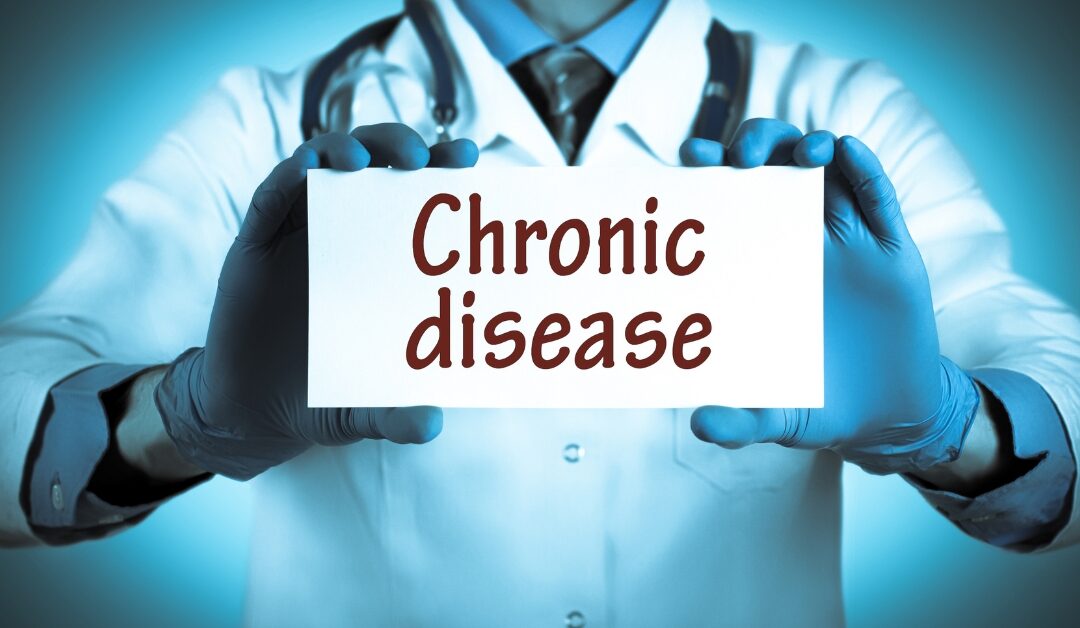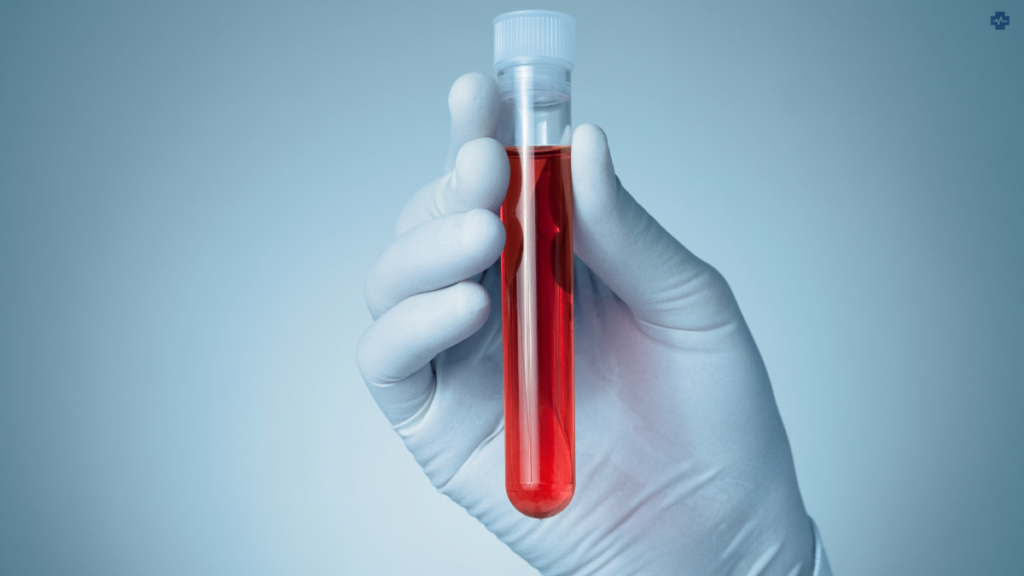Cholesterol and blood pressure are two critical factors that significantly affect your cardiovascular health. Knowing what they are, why they matter, and how to manage them can help you reduce your risk of heart disease, stroke, and other serious health problems.
What is Cholesterol?
Cholesterol is a waxy, fat-like substance found in your blood. Your body needs cholesterol to build healthy cells, but too much can lead to health problems.
There are two main types of cholesterol:
-
Low-Density Lipoprotein (LDL): Often called “bad” cholesterol because high levels can lead to plaque buildup in arteries, increasing the risk of heart attack and stroke.
-
High-Density Lipoprotein (HDL): Known as “good” cholesterol because it helps remove LDL cholesterol from the bloodstream.
What is Blood Pressure?
Blood pressure measures the force of blood pushing against your artery walls as your heart pumps. It’s recorded as two numbers:
-
Systolic pressure (top number): Pressure when your heart beats.
-
Diastolic pressure (bottom number): Pressure when your heart rests between beats.
Normal blood pressure is usually around 120/80 mm Hg. High blood pressure (hypertension) means your heart is working harder than it should, which can damage arteries and organs over time.
Why Are Cholesterol and Blood Pressure Important?
Both high cholesterol and high blood pressure often show no symptoms but can cause serious damage silently, such as:
-
Narrowing and hardening of arteries (atherosclerosis)
-
Increased risk of heart attack and stroke
-
Kidney damage
-
Vision problems
How to Manage Cholesterol and Blood Pressure
1. Eat a Heart-Healthy Diet
-
Focus on fruits, vegetables, whole grains, lean proteins, and healthy fats (like olive oil and fatty fish).
-
Limit saturated fats (found in red meat and full-fat dairy), trans fats (in processed foods), and excessive salt.
2. Stay Active
Aim for at least 150 minutes of moderate exercise per week. Physical activity helps lower LDL cholesterol and blood pressure while raising HDL cholesterol.
3. Maintain a Healthy Weight
Excess weight can raise cholesterol and blood pressure. Losing even a small amount can make a big difference.
4. Avoid Tobacco and Limit Alcohol
Smoking damages blood vessels and lowers HDL cholesterol. Drinking alcohol in moderation or not at all supports heart health.
5. Take Medications if Prescribed
Sometimes lifestyle changes aren’t enough. Follow your healthcare provider’s advice regarding medications to control cholesterol and blood pressure.
Regular Monitoring Is Key
Get your cholesterol and blood pressure checked regularly, especially if you have risk factors like family history, diabetes, or obesity. Early detection allows for timely management.
Conclusion
Understanding cholesterol and blood pressure empowers you to take control of your heart health. Through healthy lifestyle choices and regular check-ups, you can reduce your risk of cardiovascular disease and enjoy a longer, healthier life.





Comments (0)
Leave a Comment
No comments yet. Be the first to share your thoughts!